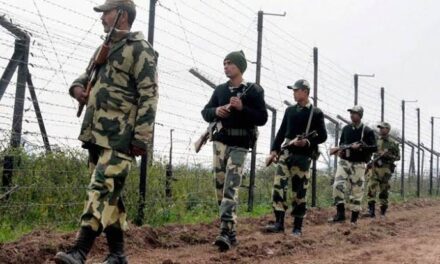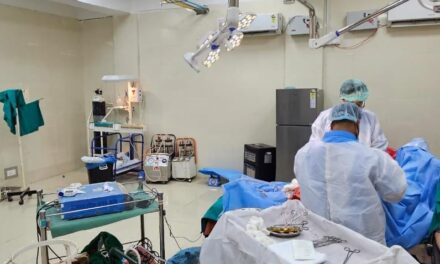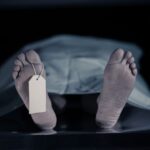![]()
KNZ NEWS DESK
NewDelhi, April 21: The Delhi Forensic Science Laboratory has confirmed that the vaginal swabs of the eight-year-old Kathua rape and murder victim matched with that of the accused, one of the strongest evidences in the case that sparked nationwide outrage.
The Delhi lab examined 14 packets of evidence — containing vaginal swabs, hair strands, blood samples of four accused, viscera of the deceased girl, the girl’s frock and salwar, simple clay, and blood stained clay — sent to it between March 1 and 21.
The Indian Express quoted a senior FSL official having said the lab tested the samples and found them positive for rape. The lab also confirmed that the DNA samples of the accused matched those collected by the police. According to the official, the report of the tests had been submitted to the J&K Police Crime Branch on April 3.
Officials said that the vaginal swabs matched with the DNA of the accused as did some other samples. “One of the parcels we were sent had two hair strands with roots. They were seemingly found in the temple (where the child was allegedly raped). The fact that the hair strands had roots was important, as DNA identification requires root. One of the hair strand pins the accused, while the second matched with that of the girl,” sources in the Delhi government home department said.
According to the officials, blood stains found on the frock of the girl were also sent for forensic examination. “The evidence on the frock was mostly destroyed as it had been washed with detergent, but a drop of blood remained. That was an incidental discovery,” said an official.
“In February, the day our assistance was sought, we decided to take it (the case) up within half an hour. We felt the matter was sensitive. So we took the decision in 30 minutes. FSL usually resists taking up outstation cases as they have to devote entire teams for a single case. It is already overburdened. But we took a stand that we have to take it up,” a senior Home Department official said. A team of eight members was formed from the DNA department of FSL to examine the evidence.(Indian Express)
























